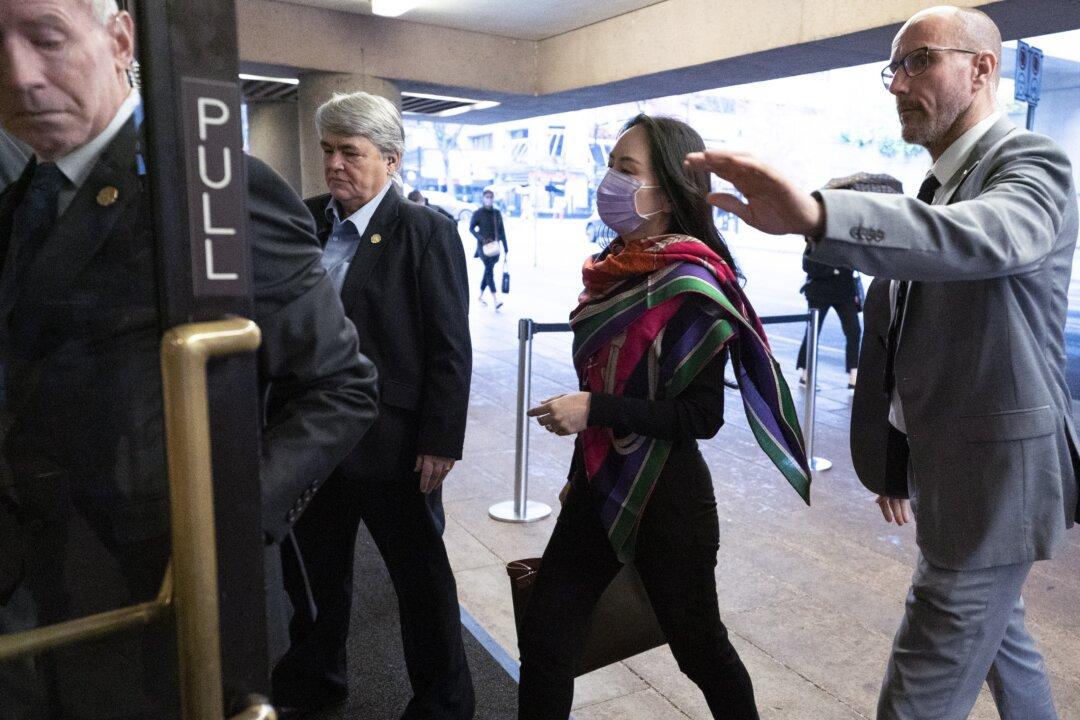A B.C. Supreme Court judge has denied Huawei executive Meng Wanzhou’s argument for an immediate dismissal of her extradition case, but has allowed parts of her argument that the crown wanted blocked to be heard in court.
In her ruling on Oct. 28, Associate Chief Justice Heather Holmes wrote that Meng’s assertion that the United States misrepresented evidence of alleged fraud in its formal request to Canada for her extradition has an “air of reality.”





